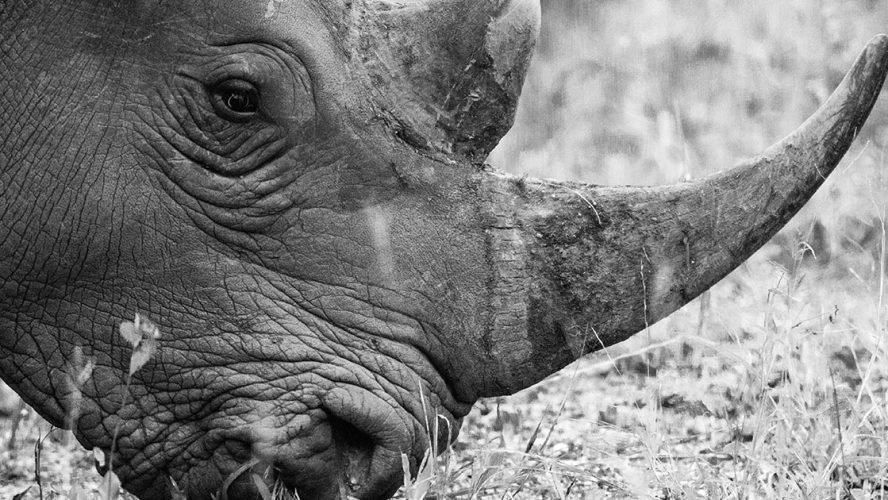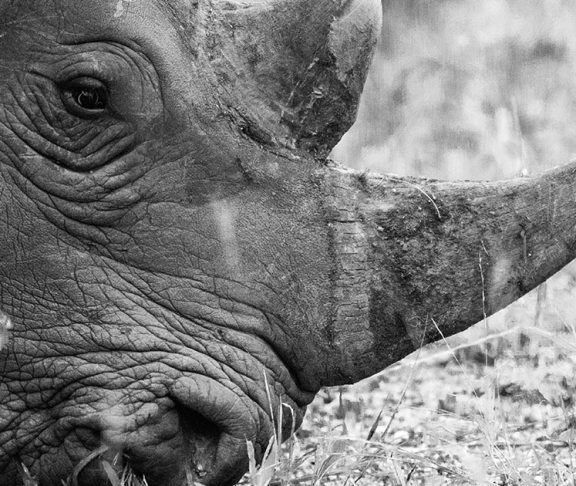The illegal wildlife trade is a multi-billion-dollar a year global industry, and its negative impact affects both species and society.
Rhino horn
There are only 30,000 rhinos left in the world. Every year, approximately 1000 rhinos are killed for their horns, which many people in China and Vietnam believe have medicinal powers, such as curing cancer or treating impotence.
“Unfortunately, these get marketed as cure-alls, miracle drugs when in fact, there’s no evidence in most cases,” says Peter Knights, CEO of WildAid, explaining the horns are made of same protein found in human hair and fingernails.
Once there were 100,000 tigers in the wild. They’re hunted for their bones, and now only 3800 are left.
Crushed tiger bone is a purported medicine for ailments like rheumatism and back pain. Demand for tiger products is strong in China and other Asian countries, as well as the United States.
Ban or no ban?
For 25 years, China banned the sale of rhino horn and tiger products. They recently said they’d allow trade of the products for limited medical use.
“That sent shockwaves throughout the conservation community,” says Knights.
Soon after, the country reinstated their ban on the import and export of rhinos, tigers and their byproducts; the sale of those animals and byproducts, as well as banning the medical use of rhino horns and tiger bones.
Impact on society
Poaching goes beyond the animals.
“It has a really negative societal effect,” says Knights, who compares the poaching industry to drug trafficking. Some people make a lot of money, but there’s a lot of intimidation, corruption and people caught up in the industry often die. He encourages consumers to travel and support conservation projects around the world.
“By going on a safari, you’re actually helping that country to get revenue from the animals, therefore there’s an incentive to keep them alive, rather than kill them,” says Knights.
Through WildAid, people are more aware and understand why it’s crucial to stop buying these illicit products.
Rhino horn prices in Asia are down two-thirds and poaching in South Africa is down 25 percent.
“The price goes down, the money for corruption is less and the drive to do it, is less,” says Knights, who knows there’s still time to save these species.
“If we can stop the poaching, we can definitely re-populate these animals as long as we don’t leave it to late.”
Kristen Castillo, [email protected]

